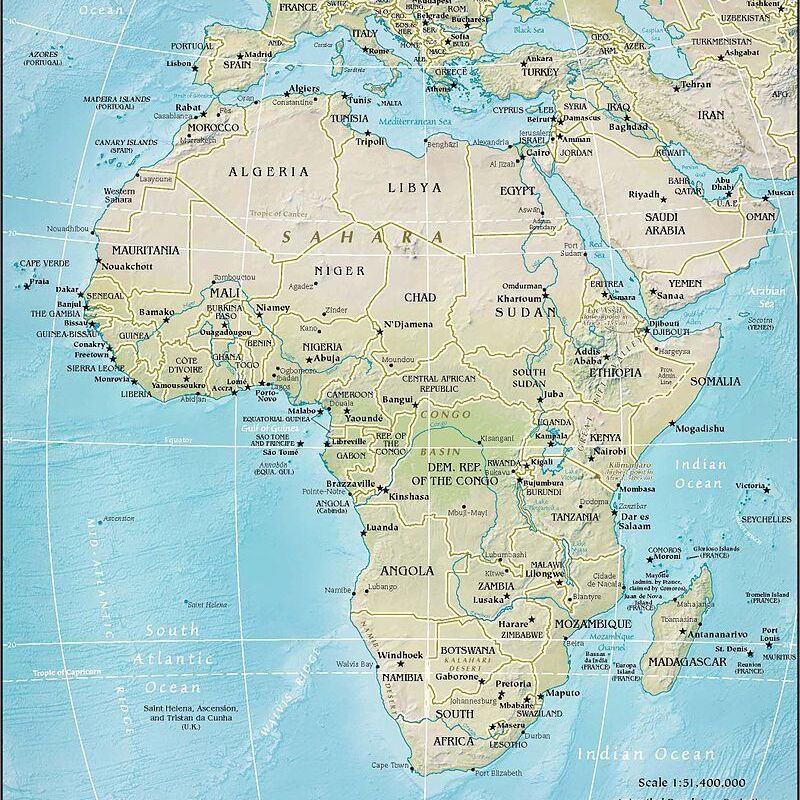F&M Stories
In the Crosstalk—Race, Racism and Pain
In her Africana studies research, Franklin & Marshall senior Amira Henry's paper, "Black Bodies in Pain," explores the media's sensationalism of Black bodies in various states before a camera.
Her work is "to find out how these things reflect a lasting legacy of racial dehumanization and the way that the media markets Black bodies in pain."
She will discuss her findings during a student-led panel for "Imagining African and African-diaspora Futures," a March 25 joint conference in Africana Studies and Women's, Gender and Sexuality Studies, organized by F&M, Gettysburg and Dickinson colleges.
Typically, this Central Pennsylvania Consortium has conferences on the individual fields, each in a three-year rotation; each moving between the three schools. This year, they were combined.
"The rotations were such that they landed at F&M for both," F&M Professor of History Doug Anthony said. "I think the pandemic probably had a lot to with that. It seemed a wise use of resources, and also a new opportunity for, again, more kinds of productive crosstalk."
Henry is one of five F&M students presenting at undergraduate panels, which are scheduled in the afternoon, following the morning's graduate and faculty panels.
"That would, in theory, give the undergraduates the opportunity to see what an academic panel looks like before being on stage themselves in the afternoon," Anthony said. "For many, this will be the first time they do it; for some, it might be the only time that they do it. The process itself leads to deeper understanding. For a lot of students, I think it's a confidence booster."
Henry, a joint studies major, will speak at the first of two undergraduate panels, "Re-presenting the African Diaspora," where she will take questions about her research.
"I want my reader to better understand the use of Black bodies as entertainment in the past and present and how media from each period I examine profited from and highlighted Black bodies in pain," she wrote in her paper's abstract.
On the "Reimagining Race Beyond Institutions" panel, Tiahna Thompson will present, "The relationship between sports and racially motivated political and social movements."
The American studies senior wrote in her abstract, "My objective is to explore how Black athletes have used their platforms to activate change within their personal communities... to help my reader understand how sports have served as a microcosm of larger American society."
Said Anthony, "What we want the students to get out of it is the challenge of performing the research, organizing the research, and then presenting their research."
Keynote Speaker:
Alisha Wormsley, interdisciplinary artist and cultural producer, received a Guggenheim Fellowship in 2022. Address topic: "Shrines for the Familiar: Radical World Building through Collective Dreaming and Art."
Imagining African and African-diaspora Futures
8:45 a.m. to 5 p.m., Saturday, March 25
Franklin & Marshall College's Barshinger Life Sciences & Philosophy Building
Related Articles
September 4, 2025
2025 Graduate and Dedicated Diplomat is Conference Finalist for NCAA Woman of the Year
A Diplomat athlete’s reach extends beyond their impact on scoreboards and win-loss records. Kennedy Wilburn ’25 recently was named one of two Centennial Conference nominees for the NCAA's prestigious Woman of the Year Award.
July 3, 2025
Young Alumni Share Law School Journeys
Robert Suite ’17 and Matthew Thomas ’19 first met at F&M. Their post-graduate paths led them both to Drexel School of Law. Follow their story of friendship and mentorship.
July 1, 2025
Tatyana Ulman '27 Finds Opportunities to Lead at F&M
When deciding where to attend college, Tatyana Ulman knew she wanted a liberal arts institution where she could conduct research as an undergraduate and would feel a strong sense of belonging. F&M fit the bill perfectly.

